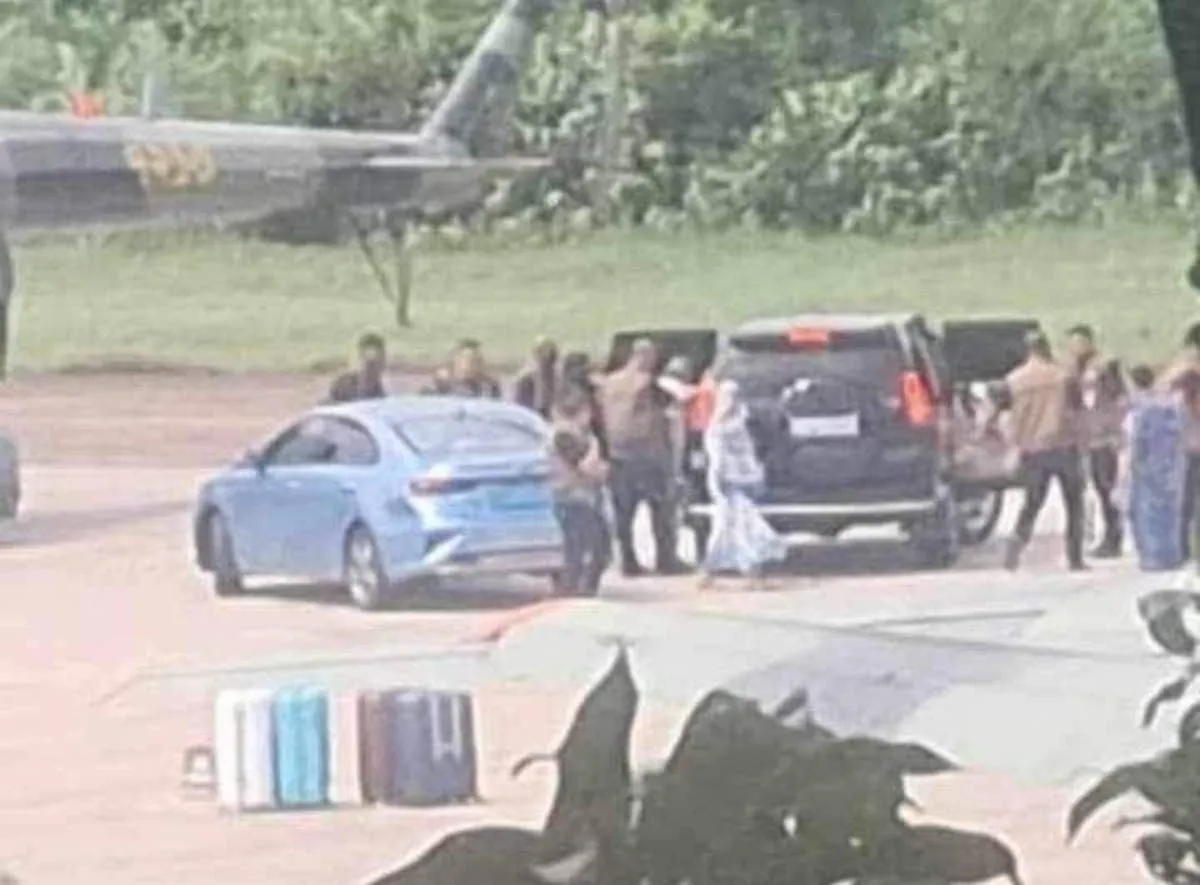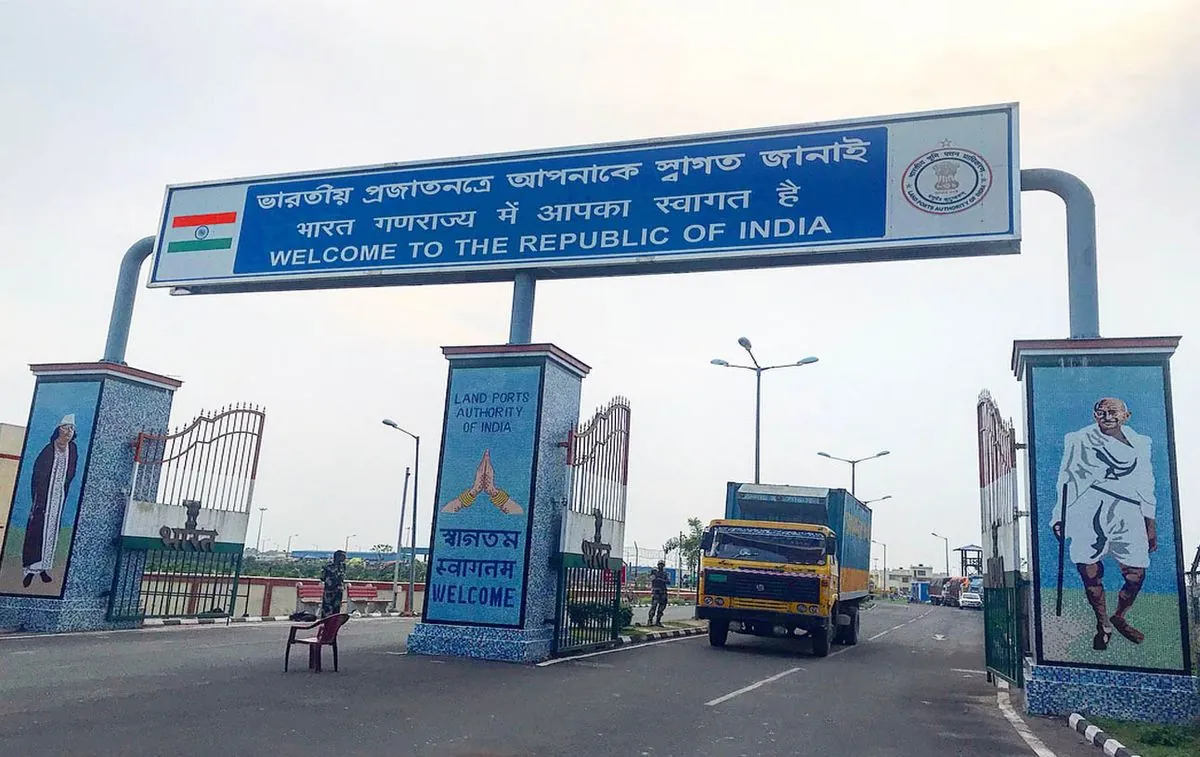Bangladesh PM Resigns Amid Protests, India Faces Regional Dilemma
Bangladesh's PM Sheikh Hasina resigns amid protests, fleeing to India. Nobel laureate Muhammad Yunus appointed interim leader. India grapples with potential shifts in regional dynamics and domestic concerns.

On 2024-08-05, Sheikh Hasina, Bangladesh's Prime Minister since 2009, resigned and left the country amid widespread antigovernment protests. She arrived at Hindon air force base near New Delhi, where Indian National Security Advisor Ajit Doval greeted her, indicating potential asylum in India.
The following day, Bangladesh's parliament was dissolved, and President Mohammed Shahabuddin appointed Nobel laureate Muhammad Yunus to lead an interim government. This sudden change presents a challenge for India, as a new government in Dhaka could significantly impact regional dynamics.
India's Prime Minister Narendra Modi had cultivated a close partnership with Hasina's government, overlooking certain issues in favor of cooperation on regional security and shared water resources. India provided substantial economic and military assistance to Bangladesh during this period.

India's relationship with Bangladesh dates back to the latter's independence from Pakistan in 1971. However, the connection has faced challenges, including water sharing disputes and concerns about migration. Military rule in Bangladesh during the 1970s and 1980s also strained relations, particularly after the 1975 coup that resulted in the assassination of President Sheikh Mujibur Rahman, Hasina's father.
India now faces two primary concerns:
- The nature of the future Bangladeshi government and its potential impact on bilateral relations.
- The possibility of Bangladesh aligning more closely with China.
Bangladesh has been a site of India-China competition, with Dhaka showing interest in acquiring Chinese military equipment and participating in joint exercises. The country has also joined China's Belt and Road Initiative, presenting a challenge to India's influence in the region.
"In light of recent events, we have decided to release Begum Khaleda Zia and appoint Muhammad Yunus as interim leader to ensure a smooth transition of power."
The release of Begum Khaleda Zia, leader of the opposition Bangladesh Nationalist Party (BNP), adds another layer of complexity to the situation. Zia, who served as prime minister from 1991 to 1996 and 2001 to 2006, has historically shown less affinity for India and worked with Islamist parties.
India's government must also address concerns about potential violence against the Hindu minority in Bangladesh. Some protesters have reportedly attacked Hindu communities and places of worship, a sensitive issue for Modi's government and its Hindu constituency.
As Bangladesh navigates this political transition, India faces a regional crisis with implications for both its domestic politics and foreign policy. The country must work to maintain its influence in Dhaka while balancing concerns about the potential return of the BNP and its Islamist allies to power, as well as the growing influence of China in the region.



































